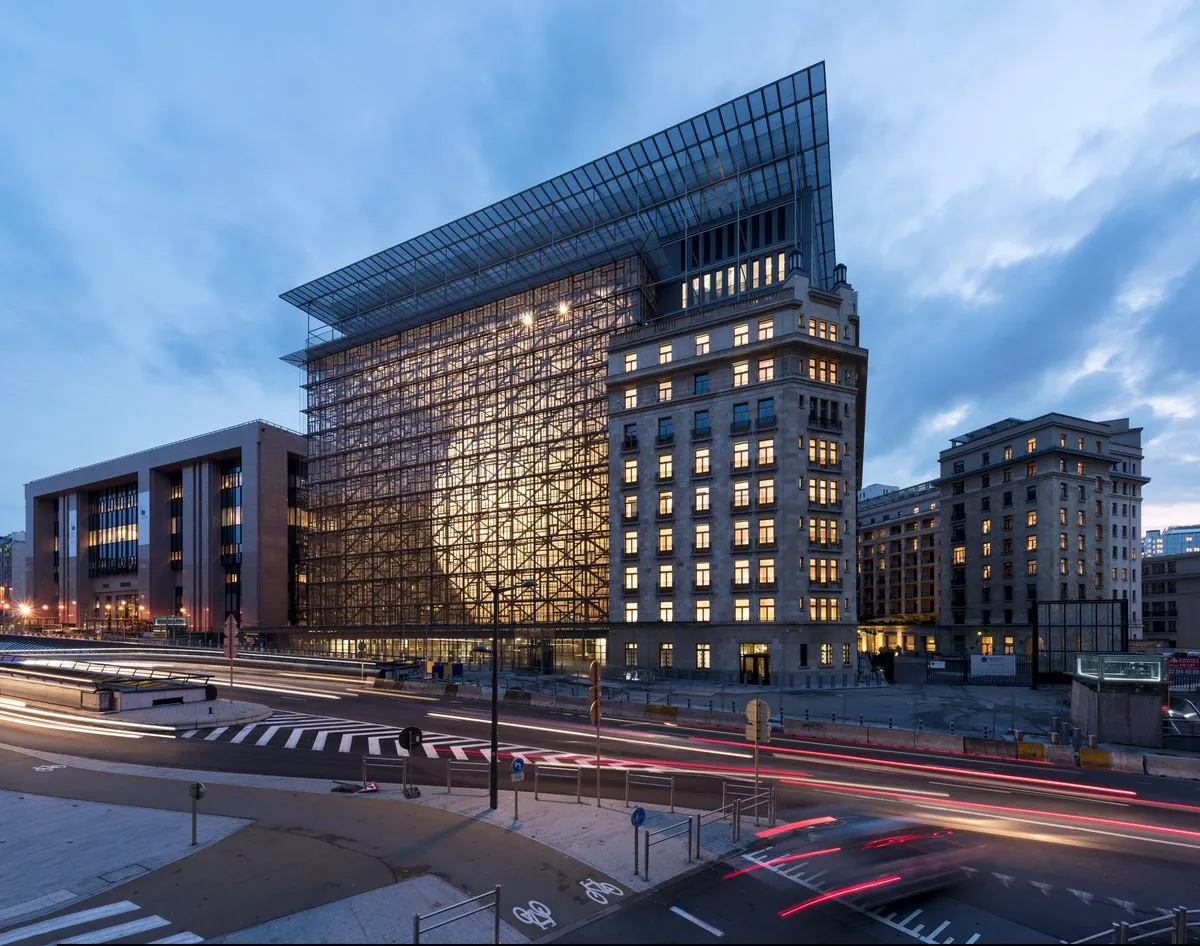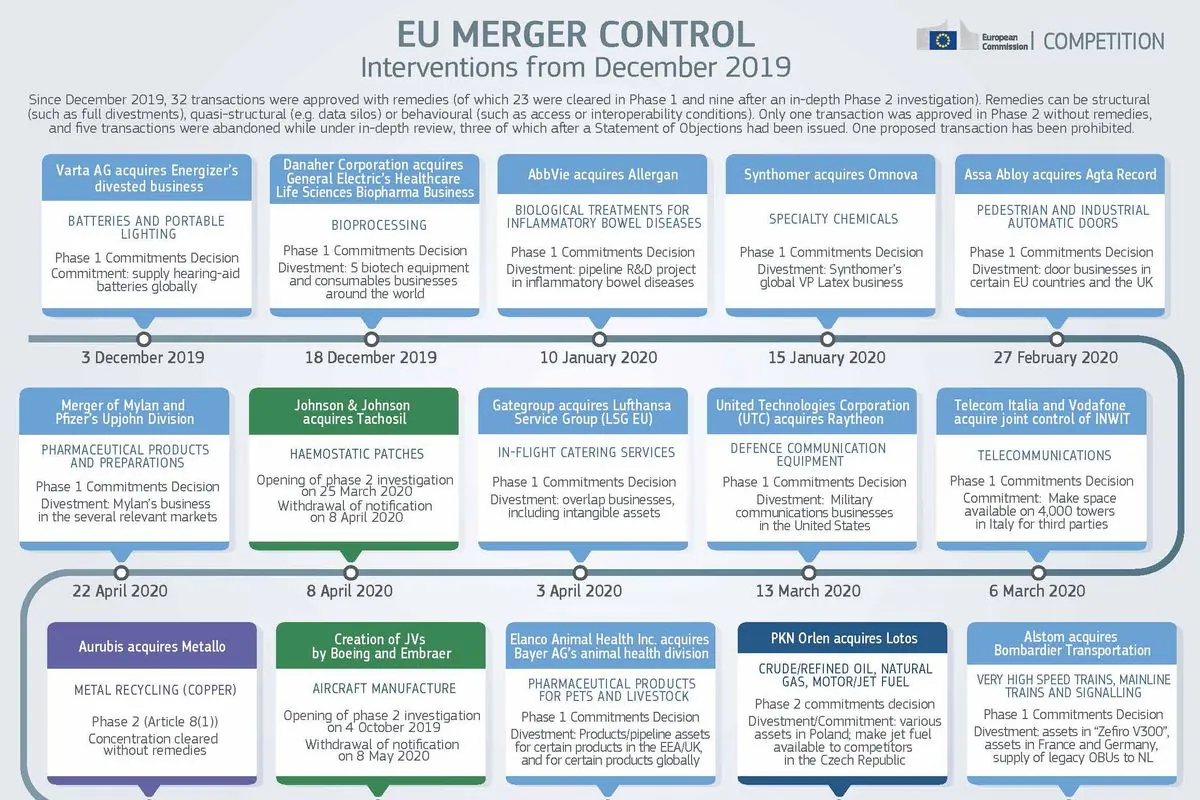EU's New Antitrust Chief Faces Tough Balancing Act in Changing Landscape
Europe prepares for a new competition commissioner as Margrethe Vestager departs. The successor faces stronger tools but a more complex political environment, balancing market integrity with industrial policy pressures.

The European Union is set to welcome a new antitrust chief, marking the end of Margrethe Vestager's tenure as the bloc's competition commissioner. This transition comes at a crucial time for the EU's regulatory landscape, with the incoming official facing both enhanced powers and a more challenging political environment.
Vestager's departure, after serving since 2014, leaves big shoes to fill. Her term was characterized by significant actions against tech giants and high-profile merger decisions. Notable among these was the blocking of the Siemens-Alstom rail merger in 2019, which demonstrated the EU's commitment to maintaining competition within the single market.

The new commissioner will inherit a set of sharpened regulatory tools. The Digital Markets Act, partly influenced by Vestager's efforts to address the "walled gardens" of major tech companies, allows for more rapid and substantial penalties against "gatekeepers" in the digital realm. Additionally, the Foreign Subsidies Regulation empowers EU antitrust enforcers to scrutinize companies benefiting from non-EU state support, even if they operate within European borders.
However, the political landscape has shifted dramatically since Vestager took office. The COVID-19 pandemic and Russia's invasion of Ukraine in 2022 have led to a relaxation of state aid rules. This has resulted in an uneven playing field, with larger economies like Germany taking advantage of the situation. Between March 2022 and June 2023, Germany accounted for 52% of the 141 billion euros in corporate subsidies granted by EU member states.
"We need a robust European industrial policy to remain competitive in fields like green energy and tech."
The new antitrust chief will need to navigate these competing pressures. On one hand, there's a push for a more permissive approach to support "national champions" and face international competition. On the other, maintaining the integrity of the single market remains crucial.
For global businesses and investors, this shift could present both opportunities and challenges. While some mergers might face less scrutiny, blanket restrictions on foreign investments could stifle innovation in critical sectors like artificial intelligence.
The selection of Vestager's successor will be crucial. Candidates like Wopke Hoekstra and Didier Reynders are being considered, with insiders emphasizing the need for political acumen and the ability to balance the interests of smaller member states against the influence of France and Germany.
As the EU prepares for this transition, the new antitrust chief will need to channel the spirit of former commissioners like Mario Monti, demonstrating both expertise and political savvy in an increasingly complex regulatory environment. The challenge lies in preserving the EU's competitive edge while navigating the evolving landscape of global trade and technology.


































